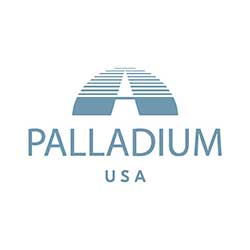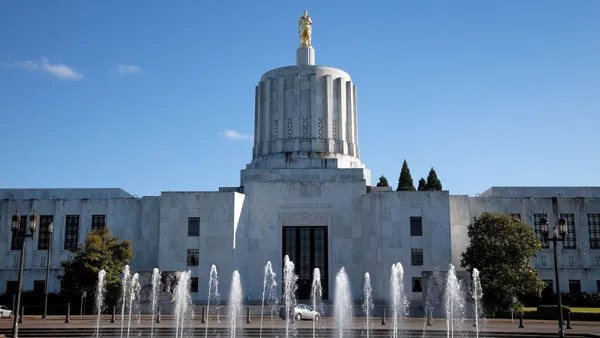Dive Brief:
- A Texas bill designed to simplify the conversion of nonresidential sites into mixed-use or multifamily properties was signed into law by Gov. Greg Abbott on June 20 and is set to take effect on Sept. 1.
- Under Senate Bill 840, the state will permit apartment construction on qualifying office, commercial or warehouse sites without the need for zoning changes. This includes both existing building conversions and undeveloped land.
- To qualify for SB840 as a conversion project, buildings must be at least five years old and undergo at least a 65% conversion to multifamily. Municipalities are restricted from rejecting any permit proposals as long as they meet the requirements of SB840, and cannot require developers to change the zoning of these sites.
Dive Insight:
The law only applies to municipalities with a population of over 150,000 in counties with a population of over 300,000. It does not apply to heavy industrial sites, designated clear zones or any property within 1,000 feet of a heavy industrial site or 3,000 feet of an airport or military base.
The Texas Apartment Association, which supported SB 840 during its legislative process earlier this year, has stated that the new law will remove major barriers to housing in the state.
“This is a common-sense reform that expands options for where and how new housing units can be built,” Chris Newton, executive vice president of the Texas Apartment Association, told Multifamily Dive, “and we applaud the Texas Legislature for taking steps that will help increase housing supply and enhance housing affordability for Texans.”
In addition to being unable to reject permit applications under SB840, municipalities cannot impose height, density, setback or parking requirements more restrictive than 36 units per acre, one parking space per unit, 45-foot building heights or 25-foot setbacks.
For building conversion projects specifically, local authorities cannot require a traffic analysis, impose parking requirements or impact fees, ask for utility or traffic improvements or make restrictions on design beyond the building code.
The law does not affect regulations related to short-term rentals, water quality programs, density bonuses, stormwater mitigation requirements or historic preservation.











